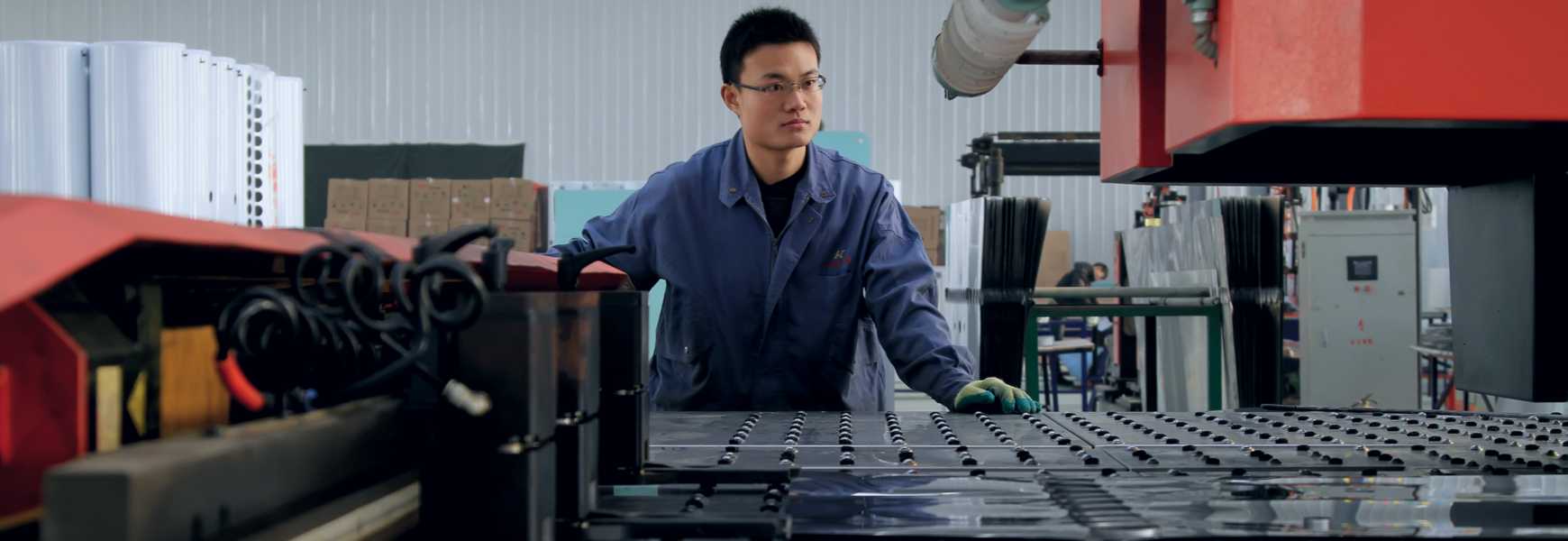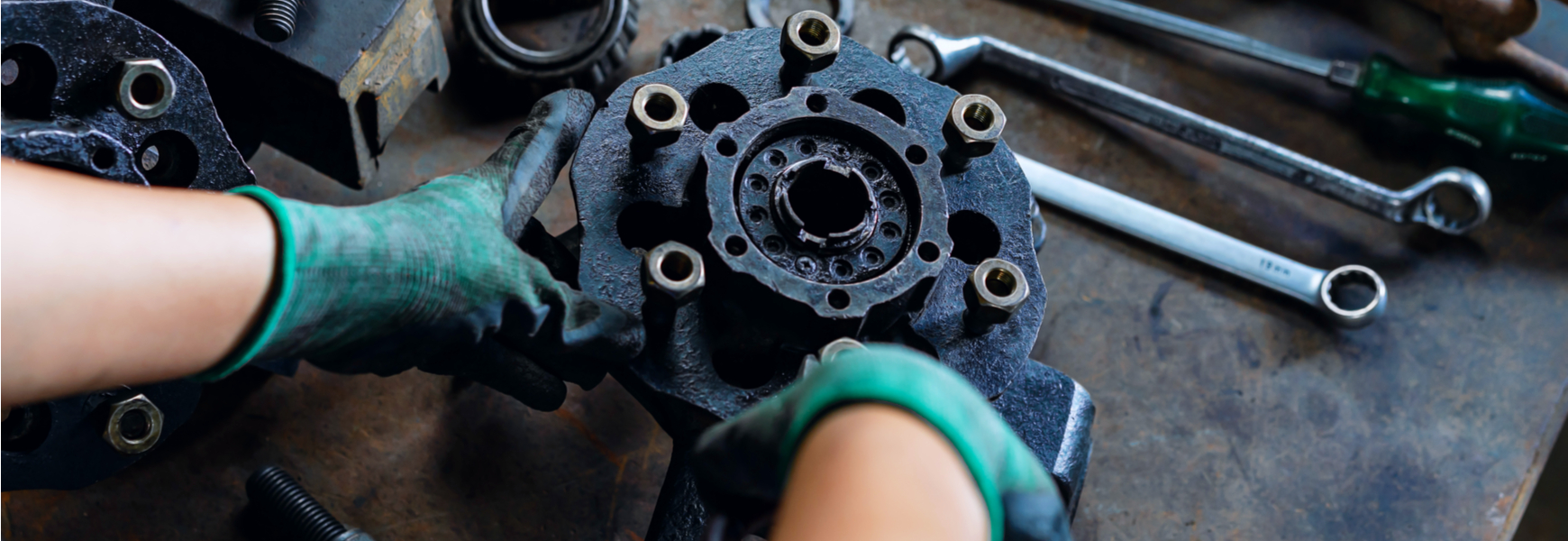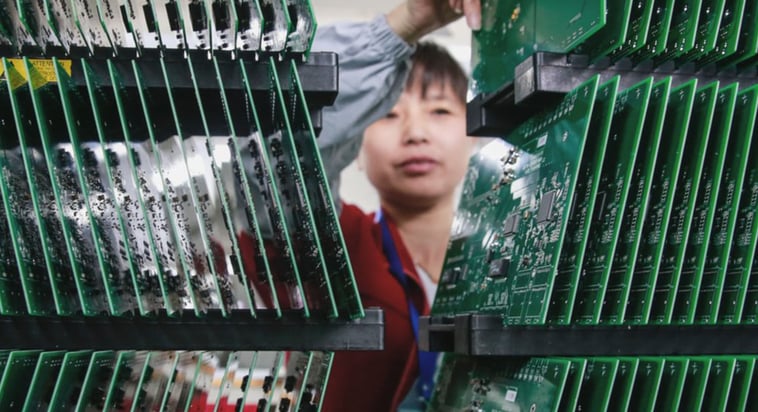We wrote before about the most common types of internal failures in manufacturing, their impact for the manufacturer, and how simple software can be used as a preventive measure. Manufacturing managers tend to ask the same question on this topic: "How can this new approach of using software help cut costs?"
We'll be covering this question in our blog post today.
3 Ways Factory QA Systems Helps Cut Costs
There are three demonstrable manners of cutting costs through restructuring of QC activities. Our sister company, SynControl, designed this useful infographic on how their quality inspection software helps cut inspection costs and improve quality. Let’s go through these 3 methods of saving money one by one.
1. Reduces the need for dedicated inspectors

Great quality assurance systems allow you to pass inspection responsibility to operators. This is something we mentioned in a previous article. I used to manage a car assembly plant that had zero inspectors (apart from the few positions that were mandatory by law for safety inspections - for example, to test brakes). And yet, my factory’s quality performance was among the best of my industry.
The truth is all operators are never fully loaded. There is always a way to give a bit of extra QC work to some of them.
.jpg?width=755&name=SynControl%20QA%20Infographic%20-%20Operator%20Load%20(Typical).jpg) Source: SynControl
Source: SynControl
Passing QC work to operators has several benefits:
-
They already hold the parts in their hands, so it is more efficient than having a QC technician grab that same part later on;
-
Bad quality can be caught very close to the source;
-
Production operators understand that quality is also part of their objectives; and
-
It carries no extra cost!
By doing this, you can maximize the impact of each operator on the outcome of the final product:
Now, you may be asking, "should operators check their own work?" Yes, they can but having operator B check the work of operator A (at the preceding process step) is safer. It adds objectivity to the whole approach and doesn't slow down production.
2. Limits the cost of rework and scrap

The problem with patrolling QC staff is that they might detect quality problems hours after they appear. By the time the source of those problems is identified, confirmed, then fixed, a lot of damage would've already been done.
In some cases, tens of thousands of dollars of material has to be scrapped, and replacement material has to be ordered in a rush. This is something we talked about when we covered the cost of internal failures.
If a simple process ensures part or product quality is checked at regular intervals and findings are logged automatically, you'll be able to catch issues much earlier in the process and thus, greatly reduce instances of the issue mentioned.
3. Allows you to push self-inspection on key suppliers

In most factories we have visited in China, some of the most serious quality mishaps come from poor components delivered by suppliers.
What if you took the few key suppliers that account for a large part of what you purchase and got them to inspect their parts with the right method, at the right standard, and with a simple app that collects all their findings and lets you know whether you can accept each of their batches?
What I described here doesn’t require a high-tech solution. It can all be done on paper or on whiteboards. We found that using our mobile app makes the adoption easy and, above all, allows managers to notice when a user stopped logging data.
Back to you
Does this article make sense? Have you already moved in that direction and cut on your QC staff? Have you had positive results? Leave us a comment, or contact us if you’d like to see a demo of our software.




